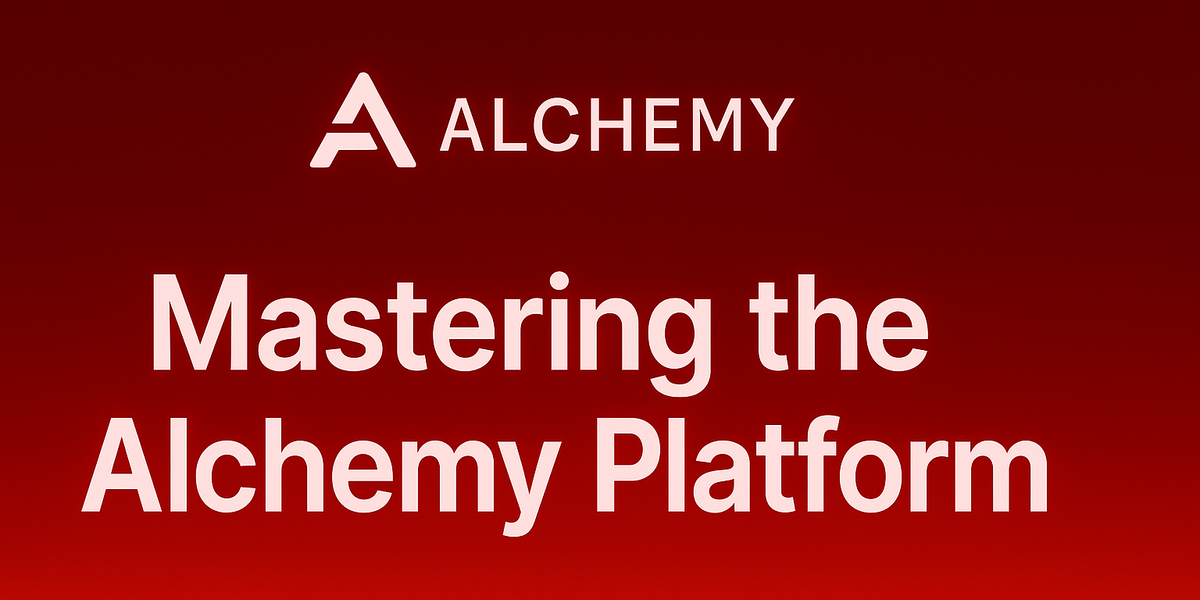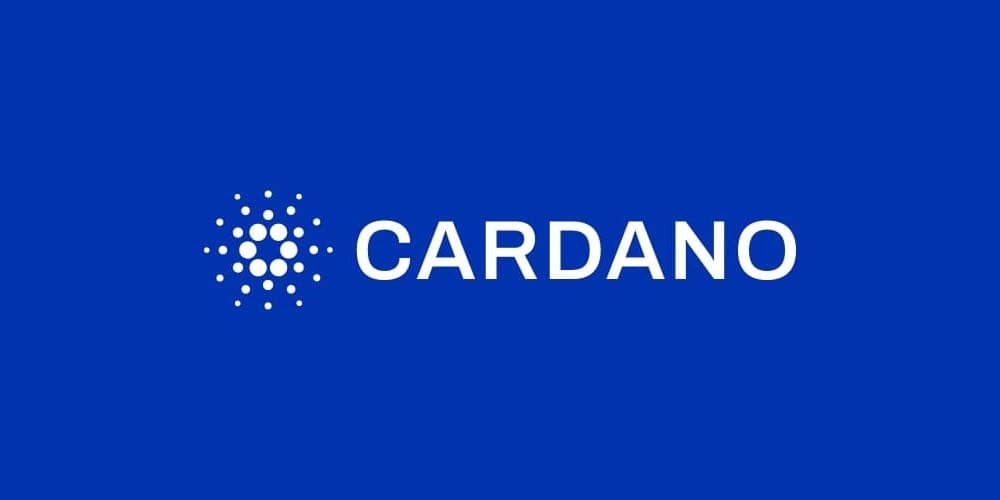In an era where data is the new oil, the healthcare industry stands at the precipice of a transformative shift. Hippocrat emerges as a pioneering force, leveraging blockchain technology to redefine how health data is collected, managed, and utilized. By placing data sovereignty back into the hands of individuals, Hippocrat aims to foster a more transparent, efficient, and patient-centric healthcare ecosystem.
Project Overview
Founded in 2018, Hippocrat's mission is to create a decentralized protocol that empowers patients with full control over their health data. Drawing inspiration from Hippocrates, the ancient Greek physician, the project emphasizes trust, privacy, and collaboration among stakeholders in the healthcare sector. Through its innovative platform, Hippocrat facilitates seamless and secure data exchanges between patients, healthcare providers, and researchers, thereby promoting personalized medicine and accelerating medical research.
Tokenomics
Central to the Hippocrat ecosystem is the HPO token, a rebranded version of the former HUM token. The hard fork and transition to HPO occurred in the second quarter of 2023, adjusting the maximum supply to 1,084,734,273.38 tokens, with no additional issuance planned. As of March 2023, approximately 913 million tokens were in circulation, including allocations for the foundation and early ecosystem participants. The HPO token serves multiple functions within the ecosystem:
- Incentivization: Rewarding patients who consent to share their health data with researchers and healthcare providers.
- Governance: Enabling token holders to participate in decision-making processes within the Hippocrat Decentralized Autonomous Organization (DAO).
- Transactions: Facilitating payments and transactions for services and data access within the platform.
This multifaceted utility ensures that the HPO token is integral to the platform's operations and growth.
Underlying Technology
Hippocrat's technological framework is built upon several key components:
- Blockchain and Cryptography: Utilizing blockchain ensures immutable and transparent records of data transactions, while advanced cryptographic techniques safeguard data privacy and integrity.
- Self-Sovereign Identity (SSI): Implementing SSI allows individuals to own and control their digital identities, granting them authority over who accesses their health data.
- Hippocrat Wallet SDK: This Software Development Kit enables developers to integrate Hippocrat's functionalities into applications, providing users with secure management of their health data and digital identities. The SDK supports Bitcoin, Hippocrat, Decentralized Identifiers (DID), and data wallets for various platforms, including Node.js, browsers, and mobile devices. It offers features such as mnemonic generation, encryption, and transaction capabilities, facilitating seamless interactions within the Hippocrat ecosystem.
Network Compatibility
Hippocrat operates on a Bitcoin-based protocol, leveraging the security and decentralization of the Bitcoin network. By building upon open standards and integrating with the Bitcoin blockchain, Hippocrat ensures robust and transparent handling of healthcare data. This approach allows for the creation of a cooperative protocol where patients, healthcare providers, and data consumers can collaborate without relying on third-party intermediaries.
Market Status
As of February 19, 2025, the HPO token is trading at approximately $0.055041, with an intraday high of $0.055527 and a low of $0.053482. The token's market capitalization stands at around $57.07 million, with a 24-hour trading volume of $313,538. Price predictions for HPO vary among analysts; some forecasts suggest that by 2030, the token could reach an average price of $2.80, with highs up to $3.90, driven by increased adoption and integration within the healthcare sector. However, these projections are speculative and subject to market volatility and regulatory developments.
Investors and Partnerships
While specific details about Hippocrat's investors are not publicly disclosed, the project has demonstrated active engagement with the medical community. In April 2024, Hippocrat Labs presented Hippodoc, a blockchain-based telemedicine application, at the 2nd Spring Symposium of the Korean Musculoskeletal Medicine Society. This event showcased Hippocrat's commitment to integrating blockchain technology into practical healthcare solutions and fostering collaborations with medical professionals.
Development Status
Hippocrat has made significant strides in its development since its inception. The rebranding and hard fork from HUM to HPO in 2023 marked a pivotal transition, aligning the project more closely with its mission of decentralized health data management. The introduction of the Hippocrat Wallet SDK has empowered developers to create applications that facilitate secure and user-controlled health data interactions. Additionally, the launch of Hippodoc exemplifies Hippocrat's dedication to providing decentralized healthcare services, enabling patients to access medical consultations securely and efficiently.
Technological and Innovative Potential
Hippocrat stands at the forefront of merging blockchain technology with healthcare, offering innovative solutions that address longstanding challenges in the industry. By granting patients sovereignty over their health data, the platform promotes personalized healthcare and enhances patient trust. The decentralized nature of Hippocrat's protocol reduces reliance on centralized entities, mitigating risks associated with data breaches and unauthorized access. Furthermore, the integration of Self-Sovereign Identity and advanced cryptographic methods ensures that data sharing is both secure and consent-driven. As the healthcare industry increasingly embraces digital transformation, Hippocrat's approach positions it as a catalyst for innovation, potentially setting new standards for data privacy, patient empowerment, and collaborative research.





Comments